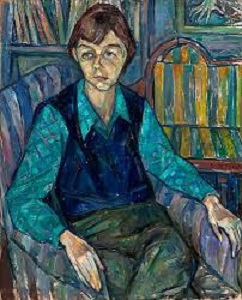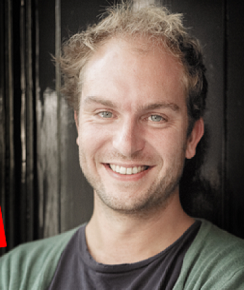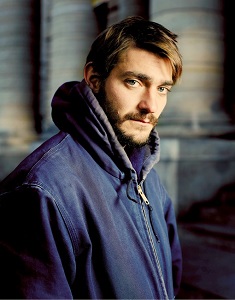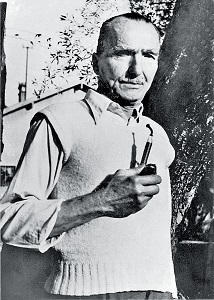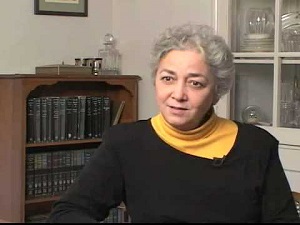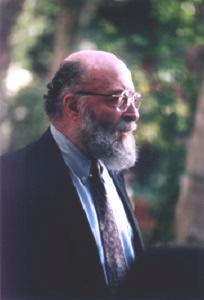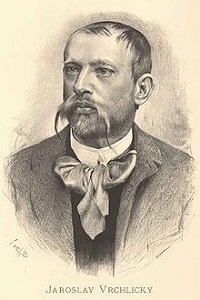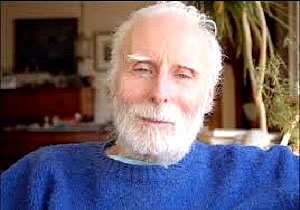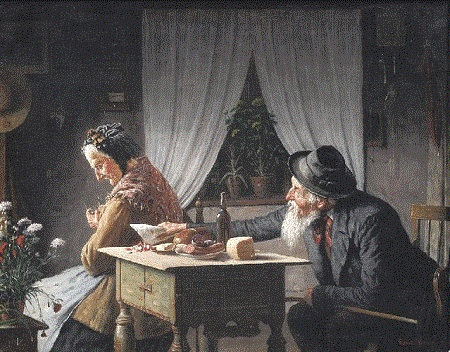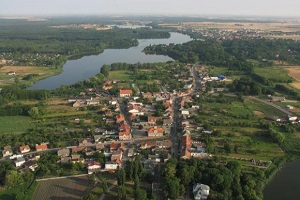De Amerikaanse schrijfster en essayiste Siri Hustvedt werd geboren op 19 februari 1955 in Northfield, Minnesota. Zie ook alle tags voor Siri Hustvedt op dit blog.
Uit:What I Loved
« Yesterday, I found Violets letters to Bill. They were hidden between the pages of one of his books and came tumbling out and fell to the floor. I had known about the letters for years, but neither Bill nor Violet had ever told me what was in them. What they did tell me was that minutes after reading the fifth and last letter, Bill changed his mind about his marriage to Lucille, walked out the door of the building on Greene Street, and headed straight for Violet’s apartment in the East Village. When I held the letters in my hands, I felt they had the uncanny weight of things enchanted bystories that are told and retold and then told again. My eyes are bad now, and it took me a long time to read them, but in the end I managed to make out every word. When I put the letters down, I knew that I would start writing this book today.
“While I was lying on the floor in the studio,” she wrote in the fourth letter, “I watched you while you painted me. I looked at your arms and your shoulders and especially at your hands while you worked on the canvas. I wanted you to turn around and walk over to me and rub my skin the way you rubbed the painting. I wanted you to press hard on me with your thumb the way you pressed on the picture, and I thought that if you didn’t, I would go crazy, but I didn’t go crazy, and you never touched me then, not once. You didn’t even shake my hand.”
I first saw the painting Violet was writing about twenty-five years ago in a gallery on Prince Street in SoHo. I didn’t know either Bill or Violet at the time. Most of the canvases in the group show were thin minimalist works that didn’t interest me. Bill’s painting hung alone on a wall. It was a large picture, about six feet high and eight feet long, that showed a young woman lying on the floor in an empty room. She was propped up on one elbow, and she seemed to be looking at something beyond the edge of the painting. Brilliant light streamed into the room from that side of the canvas and illuminated her face and chest.”
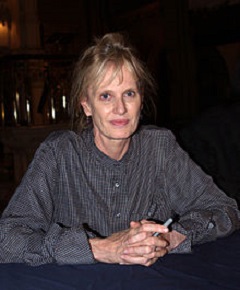
Siri Hustvedt (Northfield, 19 februari 1955)

